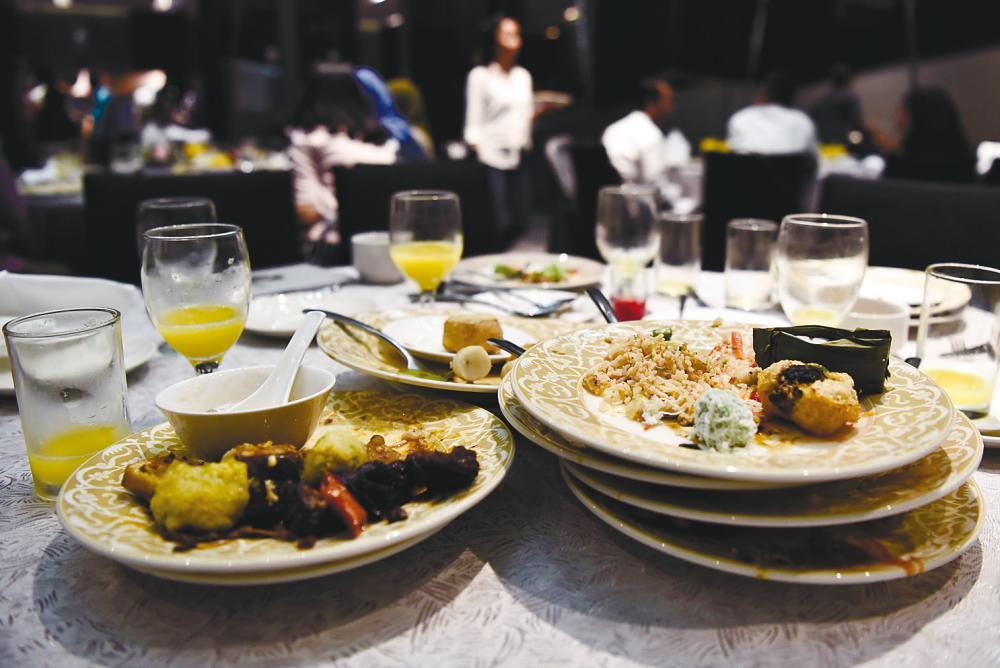PETALING JAYA: The Local Government Development Ministry is working with Solid Waste and Public Cleansing Management Corporation (SWCorp) to develop a national food waste management development plan.
The plan will outline medium and long-term strategies to reduce the amount of food waste disposed at landfills from this year to 2030.
“The plan will create a cyclical economic ecosystem, including comprehensive and effective food waste management throughout Malaysia,” said SWCorp CEO Datuk Ahmad Husaini Abdul Rahman.
He said the plan will provide specific strategies for effective management of food waste at different stages of its generation to disposal, with particular emphasis on the roles and responsibilities of all stakeholders.
Besides disposing of food waste at landfills, the ministry is focusing on more sustainable treatment options such as composting, anaerobic digester and waste-to-energy plants.
“The country’s first integrated anaerobic digester plant in Laman Selera MPAJ @ Ampang Jaya is among the ministry’s green initiatives to tackle excessive food waste by processing it into liquid fertiliser and biogas.
“Since its operation, the plant has managed to treat 35,000kg of food waste and produced 19,120 litres of liquid compost.”
Ahmad Husaini said the ministry and SWCorp are also working with local businesses and restaurants to minimise food waste in their operations.
“Since 2015, we have developed guidelines for the treatment of food waste at source. This aims to guide restaurants and hotel owners, schools, colleges and universities, central kitchens, and shopping malls to practise food waste treatment at source.
“We are also working with the Malaysian Association of Hotels (Pahang Chapter) and Cameron Highlands Farmers Association to collect food waste from hotels and organic waste from vegetable farms.”
Ahmad Husaini said SWCorp has implemented the “Value Food, No Waste” campaign since 2015, which aims to increase community awareness about the impact of food waste on the environment.
“We have collaborated with various NGOs such as Tzu Chi Foundation Malaysia and Zero Waste Malaysia to engage in activities on the ground and share educational materials on social media.
“This ongoing campaign also encourages food operators to donate their untouched excess food to those in need.”
Food Aid Foundation Programme and Corporate Social Responsibility manager Izzul Nordin said food that is thrown away can often be rescued, repurposed, or redistributed to prevent waste and help those in need.
He said the organisation operates in three steps, which are food recovery, sorting, and distribution.
“First, we work with restaurants, supermarkets and food manufacturers to recover surplus or unsold edible food.
“We also collect food that is thrown away. The food should be still safe and suitable for consumption.”
Izzul said many supermarkets and grocery stores have surplus food that is close to sell-by date but is still edible, while restaurants and cafes have excess prepared food that is untouched.
The foundation also collects surplus food from events, conferences and catering services.
He said so far, it has collected 1,498 tonnes of food this year.
“The food that’s been collected is inspected and sorted to ensure safety and quality standards are met.
“Edible food is distributed to various recipients such as food banks, shelters, community organisations, and individuals facing food insecurity.”
Izzul said since the foundation was established in 2013, about 60,000 people nationwide have benefited from its food aid.









